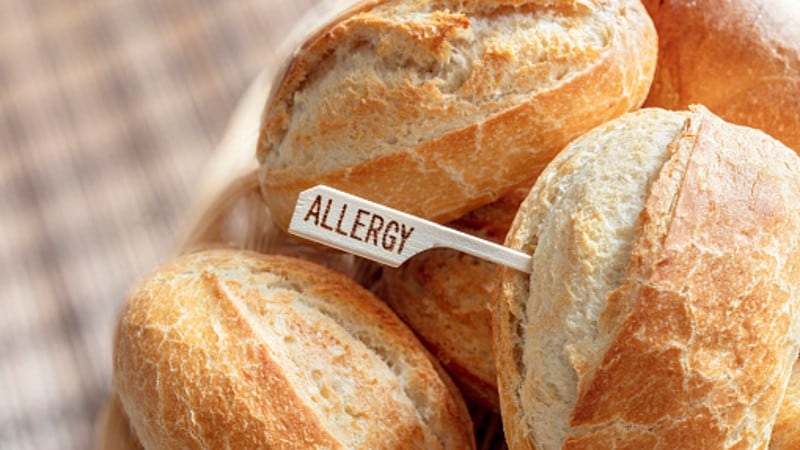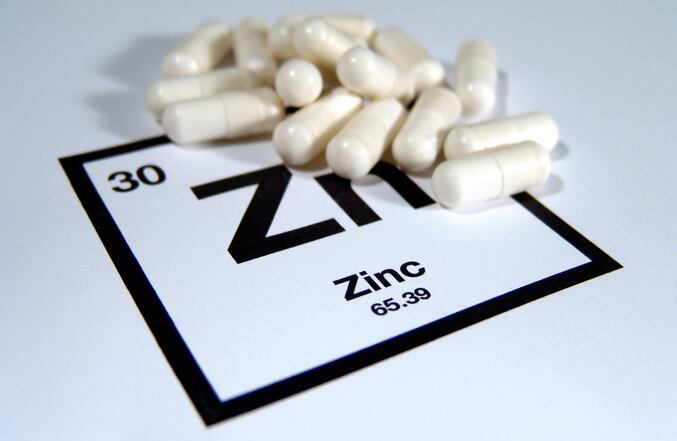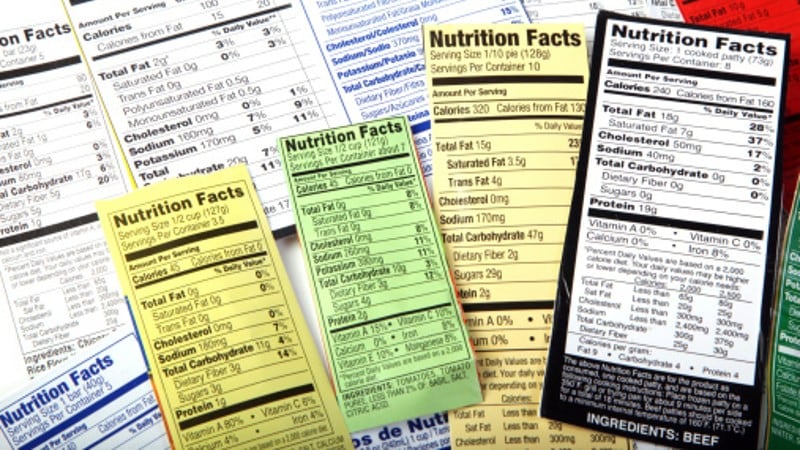Not-so-sweet baby: Philippines congress could ban added sugar in foods for young children
Members of the Philippines government are calling for regulations that would officially ban manufacturers from using added sugar as an ingredient in foods for young children aged three and below.
Sweetness and sugar features strongly in many Filipino foods and can be exemplified by one of the country’s most popular desserts halo-halo, which is an amalgamation of various sweetened ingredients including pudding, ice cream, multiple sweetened beans and tubers, sweetened purple yam paste, jellies, cheese and more over crushed ice – and then commonly topped off with coconut milk, evaporated milk, syrups or sometimes even table sugar.
This has culminated in the rapid rise of obesity and overweight individuals in the Philippines over the past two decades, according to the national science agency Department of Science and Technology (DOST)
As of 2022 some 27 million Filipinos were either overweight or obese, with the percentage of this having nearly doubled from 20.2% in 1998 to 36.6% in 2019. Even more alarmingly, similar findings were observed in the younger generation where adolescent obesity and overweight rates also nearly doubled from 4.9% in 2003 to 11.6% in 2018.
ENZAFruit’s Envy win demonstrates how firms can utilise China’s revised Seed Law against infringements
New Zealand-based ENZAFruit recently secured a landmark win and compensation in China for IP infringement of its Envy apples, representing a spark of hope for fruit firms operating in the region that have also experienced similar infringements.
ENZAFruit is the owner of the Scilate Apple, which is more commonly known by the Envy brand, and this IP infringement case is considered a landmark victory in China as it is a Court of First Instance victory in Chinese IP litigation.
According to ENZAFruit spokesman Morgan Rogers, this has been crucial in setting a precedent that can also apply to various other products in China.
“Significant research, development, marketing and sales investment has gone into creating the unique variety and building our premium Envy brand,” he said.
Misleading marketing: Taiwan sets harsher punishments for food firms violating advertising rules
Mainstream food and beverage firms flouting Taiwan advertising rules and regulations will now be subject to harsher punishments, with repeat offenders warned their businesses could be closed down.
The Taiwan Food and Drug Administration (FDA) has published new regulatory updates stating that violators of advertisement rules, particularly those aimed at misleading consumers with false health claims, will be subjected to harsher penalties.
In effect, it means mainstream food firms will be subject to same penalties and functional and health food products.
Electrolytes in the spotlight: China’s food industry association to set industry standards for drinks
China National Food Industry Association (CNFIA) is to set industry standards for electrolyte beverages, including its definition, technical and manufacturing, testing, labelling, and packaging requirements.
There has been a renewed interest in electrolyte beverages across China. Currently, local brand Genki Forest’s Alienergy is a market leader in the category.
Other well-known brands include Otsuka Pharmaceutical’s Pocari Sweat and the company said that the product was a key factor driving strong growth in its nutraceutical business in FY2023, while Danone has also added an electrolyte drink SKU under its Mizone brand.
Electrolytes beverages are usually consumed as a sports drink to replenish the loss in electrolytes post-exercise. However, in China, it is not just seen as a sports drink, but also consumed after recovering from diarrhoea and fever to replenish electrolytes loss as recommended by the government in its COVID-19 health advisory.
Sugar as Health Functional Foods? South Korean regulator steps up online inspection against fake ads
There is an ongoing trend of processed sugar products being advertised as Health Functional Foods in South Korea, with products making fatigue recovery and blood sugar control claims sold on e-commerce platforms, warned the country’s food and drug safety regulator.
In January alone, the Ministry of Food and Drug Safety (MFDS) had detected 138 cases of fake claims or exaggerated advertising concerning processed sugar products. They were found to have violated the “Act on Labelling and Advertising of Food”.
This was nearly 50% of all the 280 online postings that it had inspected.





